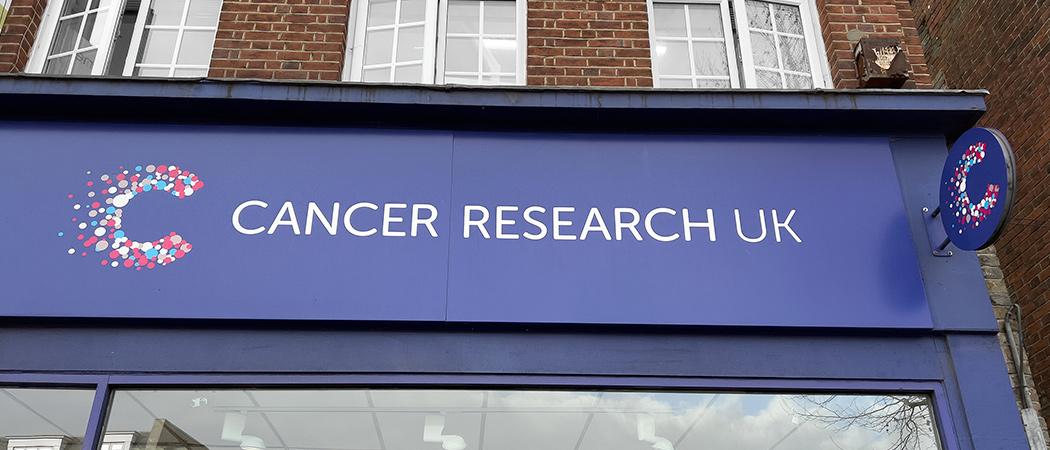Being dependent on its high street shops and income from sponsored events meant CRUK was very hard hit by lockdowns. Now it is launching a new science strategy to reinvigorate research and promote closer ties with industry

Medical research charities across the UK were rocked by the pandemic, with income down, labs shut and sponsored clinical researchers called up to hospital front line - and none more so than Cancer Research UK, which cut back research spending to £320 million in 2021/22, down from £370 million in the previous two years.
Now the charity, which is the largest independent funder of cancer research in the world, has regrouped and set out a new approach to driving development of cancer therapies by combining the power of academia and industry.
Under ‘Cancer Research Horizons’ CRUK will for the first time bring all of its drug discovery laboratories, and a network of world class biology, technology platforms and clinical expertise, under a single umbrella, in order to offer its “unique R&D portfolio” to potential industry partners.
Horizons will also provide research commercialisation support, intellectual property advice, an entrepreneurial programme and £30 million of seed funding to help smooth over the translational gap.
The £30 million seed fund will be invested into a select number of projects on a rolling basis, over a five-year term. Once selected, a project will receive a £50,000 proof-of-concept investment, and then a larger £250,000 - £500,000 seed round investment to help validate the research and demonstrate its commercial viability.
Following this, the seed fund will make follow-on-investments in Series A funding rounds to incentivise and accelerate commitment of funds from external investors.
Horizons combines the CRUK departments and organisations previously known as Cancer Research Technology, CRUK Therapeutic Development Labs, CRUK Commercial Partnerships, the Functional Genomics Consortium and the Antibody Alliance Labs.
Industry partners will get access to CRUK’s network of 4,000 cancer researchers and a discovery research portfolio investment of over £400 million annually.
This covers end to end drug discovery, from initial concept through to patients, and includes CRISPR gene editing technologies, hit discovery methods, and access to relevant disease models.
“As the second largest out-licensor of cancer research globally we have an important role to play in the life science sector,” said Iain Foulkes, CEO of Cancer Research Horizons.
The ambitions for the new organisation are higher than ever, Foulkes said. “Through CRUK we fund some of the best research in the world. We want our innovation outputs to match this both in terms of volume, diversity and quality. Horizons will work hand in hand with our biopharma partners to expand our drug discovery efforts and accelerate the pace at which new medicines reach patients.”
Horizons will receive a £220 million investment from CRUK over the next 10 years for drug discovery, which it is hoped will leverage in a further £350 million in third party investment.
The reorganisation will see 200 drug discovery experts who were previously working as independent groups collaborate as a single in-house team.
One aspect of Horizons will focus on is the pursuit of tougher, relatively unexplored and more profound ideas that hold promise for true innovation. As one example, CRUK backed the development of drugs known as Pol theta inhibitors, an area which at the time was deemed too risky by industry.
That resulted in the spin-out Artios Ltd, which last July raised £120 million in a third round of venture capital funding and which is now testing these drugs in clinical trials.
This is this first major update to its research strategy since 2014. CRUK has recognised the current dividing lines between discovery and clinical research are holding back progress. The new organisation will give clinicians the opportunity to work on fundamental biology and for researchers doing basic science to get involved in clinical trials.





 A unique international forum for public research organisations and companies to connect their external engagement with strategic interests around their R&D system.
A unique international forum for public research organisations and companies to connect their external engagement with strategic interests around their R&D system.